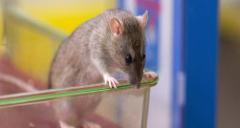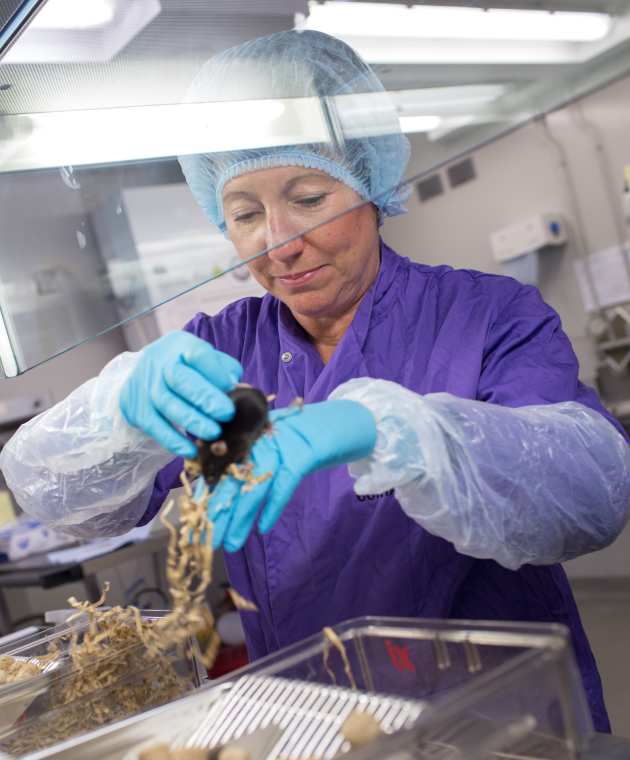There is still a lot we do not know about how our bodies can be affected by diseases. Understanding the basic biology of diseases such as Alzheimer’s, cancer, or heart disease is essential in finding their cause, how they spread, what they do to our body, and how we can stop those processes. We can learn a lot from studying people and cells, but all methods have advantages and disadvantages. Many studies require a fully living organism. From cancer to malaria and war wounds to heart disease, animal research forms an essential element of Imperial’s work.

Research involving animals forms an important element of Imperial’s work and is not undertaken lightly. At Imperial College London, we emphasise that the humane care of laboratory animals is essential, both ethically and scientifically. Poor animal care is not good science. If animals are not well-treated, the science and knowledge they produce cannot be replicated and is not trustworthy. Scientists who work with animals at the College are supported by a team of vets and technicians responsible for maintaining high levels of animal welfare.
Nothing so far has been discovered that can be a substitute for the complex functions of a living, breathing, whole-organ system. Until such a discovery, animals continue to play a critical role in helping research. At Imperial College, we are committed to the principles of the 3Rs (replacement, refinement and reduction), and Imperial scientists always consider alternatives to animal research. Researchers will only proceed when there is no other suitable alternative.

We place good welfare at the centre of all our animal research. Many of the procedures on animals at Imperial College involve minimal pain or discomfort. Nonetheless, some procedures will involve pain or discomfort when the nature of the experiment makes it unavoidable. However, the level of pain and discomfort is kept to as low intensity and a short duration as possible. There are strict regulations to ensure that animals in research do not suffer unnecessarily. At Imperial College, staff, training and facilities are all geared towards minimising the suffering of animals.
Animal research is strictly regulated by the Home Office and overseen at Imperial College by several ethical committees.
Over 98 per cent of animal research at Imperial involves mice and rats. The remainder, less than two per cent, involves fish, amphibians; guinea pigs; rabbits; and ferrets.
Imperial aims to be open about research involving animals. Please read our policy statement and more about our approach to communicating this research